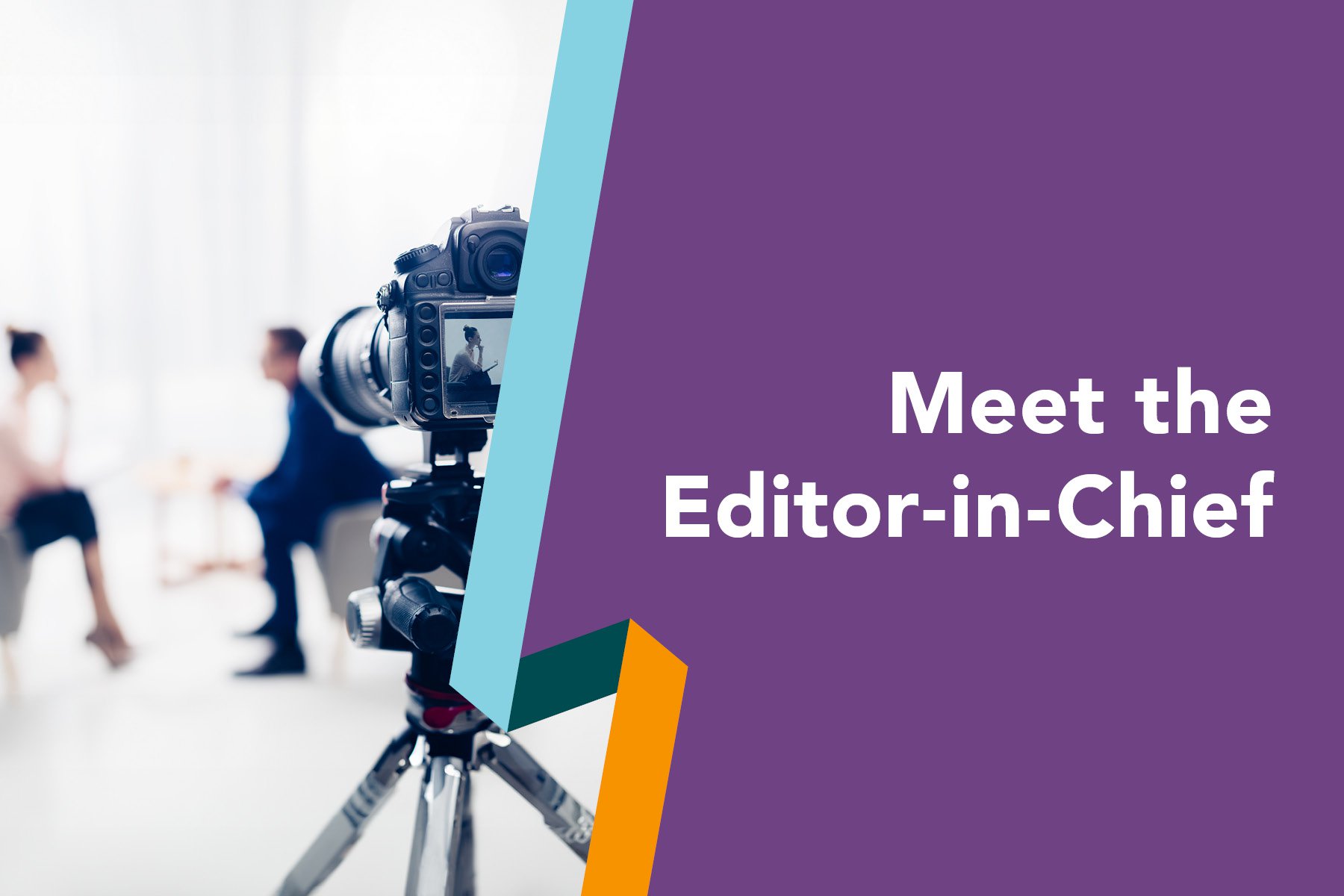
The history and success of Karger Publishing began with the booklet “Geburtshülfliches Vademecum” in 1890, which was the first publication in this field of obstetrics, followed by the journal that is now celebrating its 125th anniversary. Over the years, the journal evolved with the aim of always meeting the needs of the target group and is still going strong in the field today under the title: Gynecologic and Obstetric Investigation.
Editor in Chief Prof. Dr. med. Thomas M. D’Hooghe speaks with us in an exclusive interview.
You’ve been editor-in-chief for 20 years now. Can you tell us something about the journal’s changes during this last 20 years?
Internal changes: The digital process of handling a paper from submission through peer review to publication has become much easier, faster, and more effective. External changes: the submission of papers from China has increased in a very significant and impressive way.
Women in medicine, stillbirths, amenorrhea: the journal has always covered relevant (taboo) topics. Can you elaborate on the journal’s awareness of breaking taboos and how you did this?
I believe that GOI, with its specific heritage that is the subject of the GOI 125 special issue, has survived difficult years because of its focus on scientific quality. Any topic that deserves investigation related to obstetrics and gynecology is within its scope, which opens the opportunity to publish a wide diversity of content, including also research on taboo topics, or topics that may be culturally sensitive, as long as the rights of patients are respected, the content meets the currently applicable scientific standards of research and reporting, and related opinions are presented in a balanced way, based on transparent thinking, reasonable arguments and within the current ethical guidelines for medical care, data generation and medical-scientific publications.
Do you have a favorite article? Which one?
Not really, but I am very fond of what we have brought together in the GOI 125th celebration issue.
What will we read in GOI in the next 5 years?
Results of high-quality original data generation projects, reviews, and guidelines. I believe we will see major progress in Real World Evidence based on big data analysis and artificial intelligence, and will see more innovation based on exploratory hypothesis-generation randomized trials in centers of excellence, avoiding the cost and complexity of large multicenter trials. There is also growing interest in publishing patient-reported experiences, outcomes, and expectations as patients are becoming a more important driver of healthcare worldwide. Acceptance of papers will be based on a few essential criteria: what is the scientific question? Why is the question important (who cares?) and to what extent is it new? Has the right methodology been used, in the right way? Are results available in a transparent, unbiased, and understandable way? Do the discussion and conclusion match the results?
We are not only interested in publishing innovative breakthroughs in basic, translational, or clinical research, but are also interested in publishing negative results from studies that were designed and executed with high quality, to ensure that they get the recognition they deserve. Also, contributions representing novel insights, or important opinion or debate topics are welcome.
Thank you very much for this interesting interview!
Read the latest articles from the journal Gynecologic and Obstetric Investigation.






Comments
Share your opinion with us and leave a comment below!